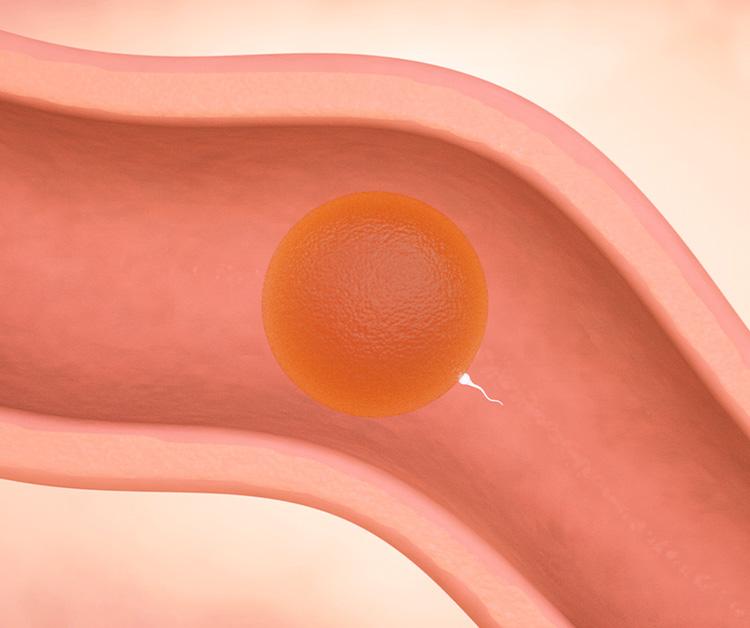Due to maintenance, rewards points for receipt uploads will be delayed. Thank you for your patience!

5 Minute Read
At this stage of your journey, new developments are beginning to unfold. Check out this week-by-week guide to find out what’s in store for your baby and your body in week 3 of pregnancy.
With week 2 of your pregnancy complete, you’re on week 3. Enjoy it, as week 4 is on the horizon!
One of the most exciting things about pregnancy is how many changes you’ll experience with your little one over the span of just 7 days! Here’s some tips and tricks to keep on top of all that’s happening.

| 3 Weeks Pregnant |
|---|
Baby Weight Teeny tiny |
Baby Length Teeny tiny |
Baby Size Comparable to a grain of sand or salt |
During week 3 of pregnancy, your body is changing quickly. As your baby grows, you will too, and there are certain pregnancy symptoms you may experience at this time.
Being 3 weeks pregnant is an important time for you and your baby. Here’s some more expert-recommended advice on how to adjust to this new stage and keep you and your baby safe.
Knowing what to do week-by-week can help you feel prepared and alleviate stress. Add these new items to your to-do list this week. You’ve got this, mama!
| To-Do Checklist |
|---|
|
|
|
Learn more about your pregnancy, including pregnancy planning and pregnancy nutrition to feel prepared to continue this magical adventure. You’re armed with the facts, what to do, and now you can take time to connect with the little one growing inside you.
With week 2 in the rearview mirror and week 3 going strong, look to the future and what's coming up in week 4!
You’re three weeks pregnant, and whether you are expecting or working on it, you can start preparing for all the excitement with Enfamil Family Beginnings. It’s the perfect resource for new and expecting moms. Save on Enfamil products, track your bump and baby’s growth, and get helpful articles each week relevant to your journey. Join now for up to $400 in free gifts.
All information on Enfamil, including but not limited to information about health, medical conditions, and nutrition, is intended for your general knowledge and is not a substitute for a healthcare professional's medical identification, advice, or management for specific medical conditions. You should seek medical care and consult your doctor or pediatrician for any specific health or nutrition issues. Never disregard professional medical advice or delay seeking medical treatment, care, or help because of information you have read on Enfamil.